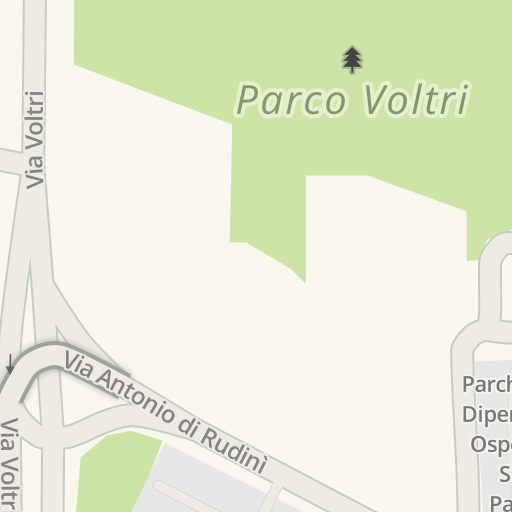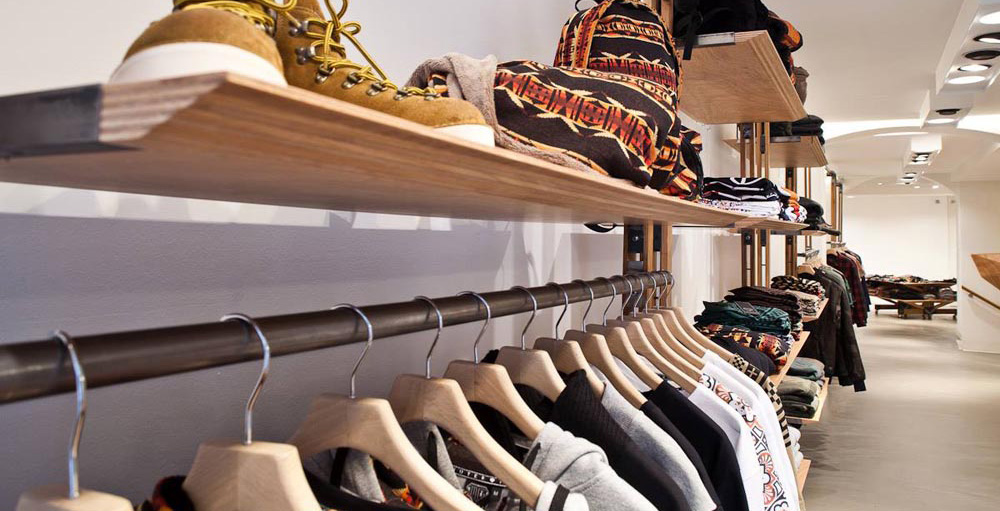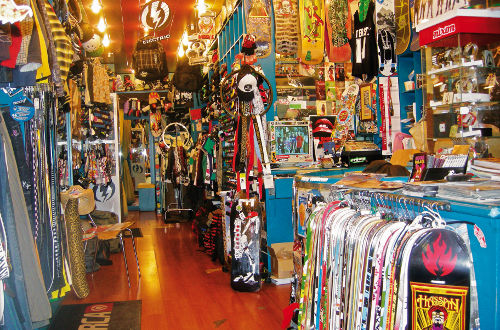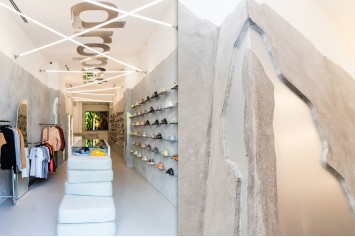
Informations routières pour vous rendre à Radical Surf Snowboard Skate shop, Viale Faenza, 12, Milano - Waze

Top 10 Best Skate Shops near P.ZA DEL DUOMO 12, 20122 MILAN, ITALY - Last Updated December 2023 - Yelp

LAPSUS SKATE SHOP - 18 Photos - via delle Forze Armate 43, Milano, Italy - Skate Shops - Phone Number - Yelp

















